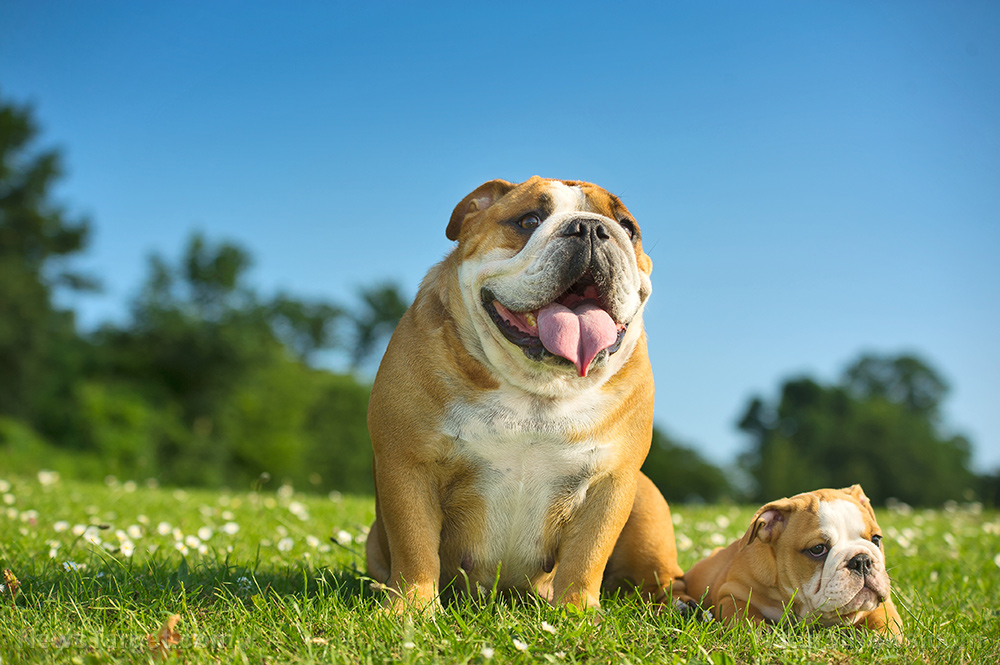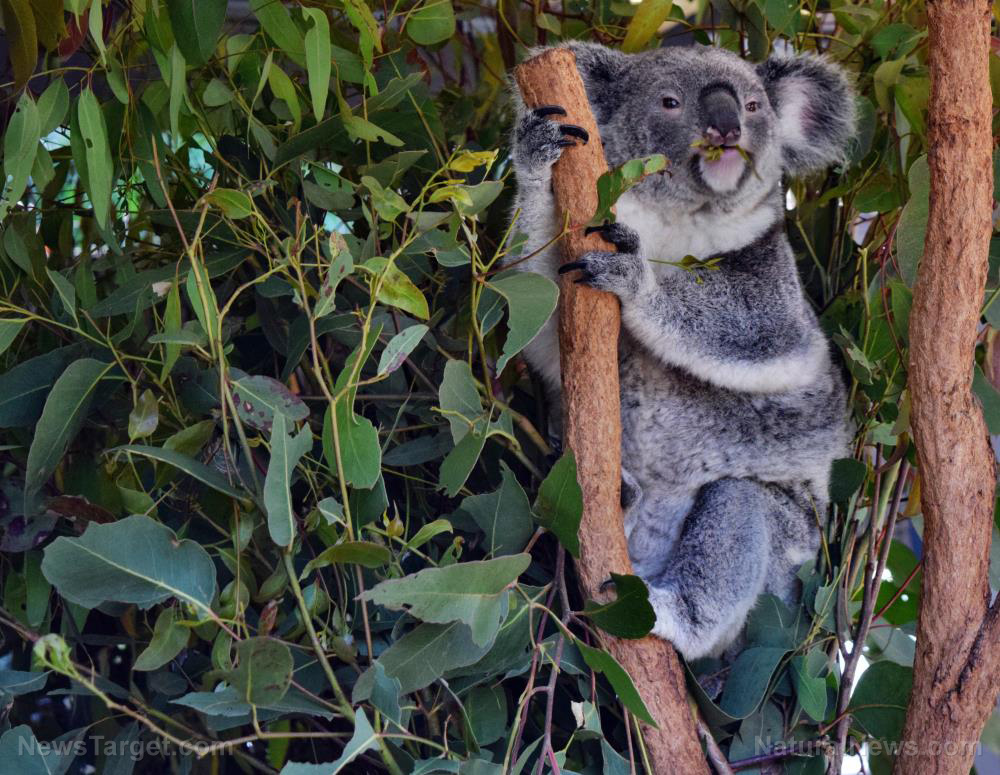
The American Society for the Prevention of Cruelty to Animals (ASPCS) Animal Poison Control Center reported that in 2017, five percent of all calls were related to pets eating plants that were toxic to them. This effectively makes plants ninth on the center's list of top 10 pet toxins.
If you have dogs, make sure they don't come into contact with the following toxic plants: (h/t to TheHomesteadingHippy.com)
- Aloe vera – Aloe vera can cause lethargy, vomiting and gastrointestinal issues.
- Milkweed – If ingested, milkweed can cause diarrhea, breathing difficulties, kidney failure and death.
- Sago palm – Sago palms are extremely toxic and can cause liver failure and death if ingested.
- Baby's breath – Baby's breath, a classic choice in floral arrangements, can cause vomiting and severe diarrhea.
- Castor bean – Castor bean can cause many problems for your dog, such as excessive drooling, loss of appetite and abdominal pain. It can even be fatal in some cases.
- Chrysanthemum – This beautiful summer flower can cause excessive drooling, rashes and diarrhea.
- Amaryllis – Amaryllis is toxic to both dogs and cats. If ingested, it can cause excessive drooling, gastrointestinal issues and tremors.
- Japanese yew – The leaves, seeds and bark of the Japanese yew can cause seizures, vomiting, breathing difficulties and tremors.
- Tomato – Tomatoes themselves are okay for your dog to eat. But the tomato plant's leaves and stems are extremely toxic. They can cause weakness, confusion and a slowed heart rate if ingested.
- Ivy – This climbing plant can cause diarrhea, vomiting and excessive drooling.
- Buckeye – If ingested, buckeye can cause dilated pupils, diarrhea and convulsions.
- Gladiola – Gladiola can cause vomiting, diarrhea and lethargy.
- American holly – If ingested, this popular ornamental plant can cause diarrhea and vomiting.
- Black walnut – The nuts of the black walnut tree are extremely toxic to dogs. The nuts decay rapidly and produce mold, which can cause convulsions if ingested.
- Peony – This beautiful flowering plant can cause diarrhea and vomiting.
- Chinaberry – All parts of the Chinaberry tree are extremely toxic. They can cause vomiting, diarrhea and seizures.
- Daffodil – This classic spring flower can cause low blood pressure and an irregular heartbeat.
- Fruit trees – The pits of fruits like peaches, cherries and avocados are highly toxic to dogs.
- Azalea – This flowering shrub can cause serious gastrointestinal issues, a slower heart rate and death if ingested.
- Lilies – Not all lilies are toxic to dogs. But some, like the calla lily, release toxins that cause a burning sensation in your dog's stomach and mouth.
- Hydrangea – The leaves and flowers of the hydrangea plant can cause lethargy, diarrhea and vomiting.
- Foxglove – Everything from the petals to the seeds of this flowering plant can cause cardiac arrest and even death.
- Tulip – Newly planted tulip bulbs can cause intense stomach upset, depression and loss of appetite.
- Begonia – Begonia can cause inflammation of the gums, excessive drooling and vomiting if ingested. (Related: Eliminate your pet’s inflammation with this natural DIY dog treat.)
- Autumn crocus – This popular fall plant can cause gastrointestinal bleeding and kidney and liver damage.
- Lily of the valley – Another highly toxic plant, lily of the valley can cause a slowed heartbeat, vomiting and diarrhea.
- Oleander – Oleander is poisonous to both dogs and humans. Both fresh and dried oleander can lead to fatal outcomes when ingested and should be kept out of your home and property at all costs.
How to protect your dog from poisonous plants
Your dog doesn't know to stay away from plants that are poisonous to him. Therefore, it's up to you as the owner to protect your dog. One of the best ways to keep your dogs out of your plants is to teach them their boundaries. Teach your dog what he can and cannot get close to while he's still a puppy.
Another good way to protect your dog from poisonous plants is to keep them out of your pet's reach. Put a toxic floral arrangement on a sturdy table or shelf where even the most curious nose can't reach. You should also make it a habit to remove fallen leaves or petals around your plants. It only takes a slight breeze to waft potentially deadly items onto the ground where your dog can easily access them.
You should also crate or confine your dog when you're not at home.
If you know your dog has ingested a poisonous plant, remove them from the area immediately. Make sure your dog is breathing, alert and behaving normally. If your dog isn't behaving normally, call your veterinarian or the nearest emergency veterinary clinic immediately.
Sources include:
Please contact us for more information.























